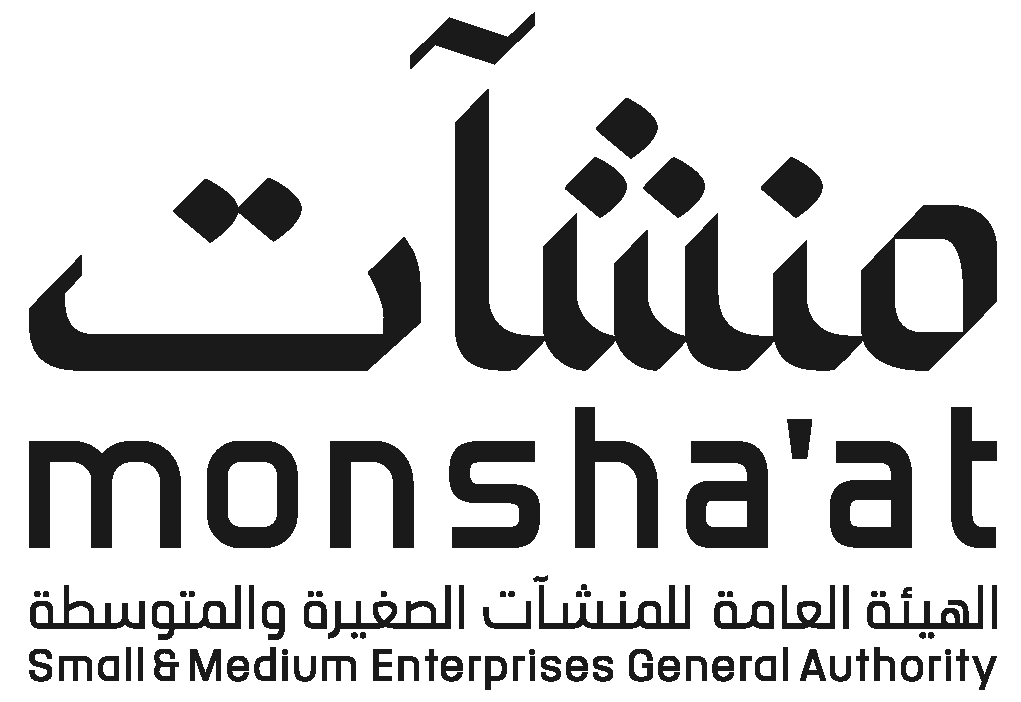The small, medium, and micro-enterprise sector in Saudi Arabia has recently experienced significant growth and prosperity, thanks in large part to the objectives set forth in Vision 2030. Public sector investments, personal initiatives, and bold venture capital injections, which have recorded their highest rates in the Kingdom within the Middle East and North African region, have contributed to this boom. Recent data from the General Authority for Small and Medium Enterprises, known as ‘Monsha’at’, indicates a 14.6% annual increase in enterprises, totaling approximately 1.3 million, an increment of 166.4 thousand entities.
At the end of November 2023, Saudi Arabia was selected to host the ‘Riyadh Expo 2030’ from October 1, 2030, to March 31, 2031, under the theme ‘An Era of Change: Together, We Explore the Future.’ This event is seen as a gateway to bolster international cooperation and a platform for developing comprehensive, sustainable, and innovative solutions that foster overall prosperity. With participation from 246 countries and organizations, Saudi Arabia has allocated a budget of 29.3 billion Riyals for the Expo, including 1.29 billion Riyals to facilitate the participation of 100 countries. The Expo is expected to attract 40 million visitors and an anticipated billion virtual visits through virtual reality technologies.
The six-month-long ‘Riyadh Expo 2030’ will be situated in a strategic location in the north of the capital, Riyadh, spanning 6 million square meters. This is anticipated to boost investment opportunities for small and medium-sized enterprises (SMEs) especially in sectors like design, hospitality, transportation, clean energy, and infrastructure. It is projected that SMEs will be the primary beneficiaries of investments nearing 3.75 trillion Riyals in Riyadh over the next seven years, particularly those prioritizing sustainability, innovation, and creativity, in line with the economic diversification efforts guided by Saudi Vision 2030, as highlighted in the ‘Monsha’at’ report.
An investment of 345 billion Riyals is earmarked by the Kingdom to transform Riyadh into one of the most sustainable cities by 2030. This transformation includes the ‘Saudi Green Initiative’ aiming to plant 43 million trees in the capital, reclaim 94 thousand hectares of degraded land across the Kingdom, and construct a 176-kilometer electric train to facilitate transport to the Expo.
The report also points out that efforts to double Riyadh’s population by 2030 will assist SMEs across various vital sectors by leveraging massive investments to improve infrastructure, increase home ownership, enhance education and health care, and equip the city with top-notch facilities and services.
- Telecommunications and Information Technology
- Construction and Real Estate
- Transport and Logistics
- Culture and Entertainment
- Financial Services and Insurance
- Healthcare and Education
- Manufacturing Industries
‘Monsha’at’ report also reflects on the experiences of countries that have hosted previous ‘Expo’ international exhibitions and their impact on the flourishing of SMEs. For instance, ‘Dubai Expo 2020’ empowered entrepreneurship by awarding a quarter of the total contracts to Emirati SMEs, equivalent to 6.94 billion Riyals. In the ‘Milan Expo 2015,’ 382 meetings were organized for SMEs to discuss business ecosystem development and access to finance. ‘Shanghai Expo 2010’ adopted a human-centered approach that enabled local enterprises and business-friendly urban developments throughout the city and region.
It is worth noting that banking and financing companies have increased their facilities to the SME sector by 20.5% in 2023, an increment of 47 billion Riyals, reaching 276 billion Riyals compared to 229 billion Riyals in 2022. This reflects a promising future for SMEs, particularly in the coming years with global events such as ‘Riyadh Expo 2030’, which will significantly contribute to the Kingdom’s economic growth and prosperity, offering a valuable opportunity for enterprises to capitalize on in the upcoming phase.








